Let’s get real — nursing is a hands-on job. From constantly washing your hands to frequently sanitising, wearing gloves for hours at a time, and dealing with various clinical procedures, it’s no wonder your hands become cracked, dry, and sore after work.
But because you’re taking care of others, don’t think you need to forget about taking care of yourself. Taking care of your hands has nothing to do with feeling comfortable — everything to do with feeling healthy, clean, and confident.
Here are five simple yet amazing hand care tips that all nurses have to adhere to in order to keep their hands soft, smooth, and protected.
1. Use a fragrance-free, moisturising hand cream (and apply it frequently)
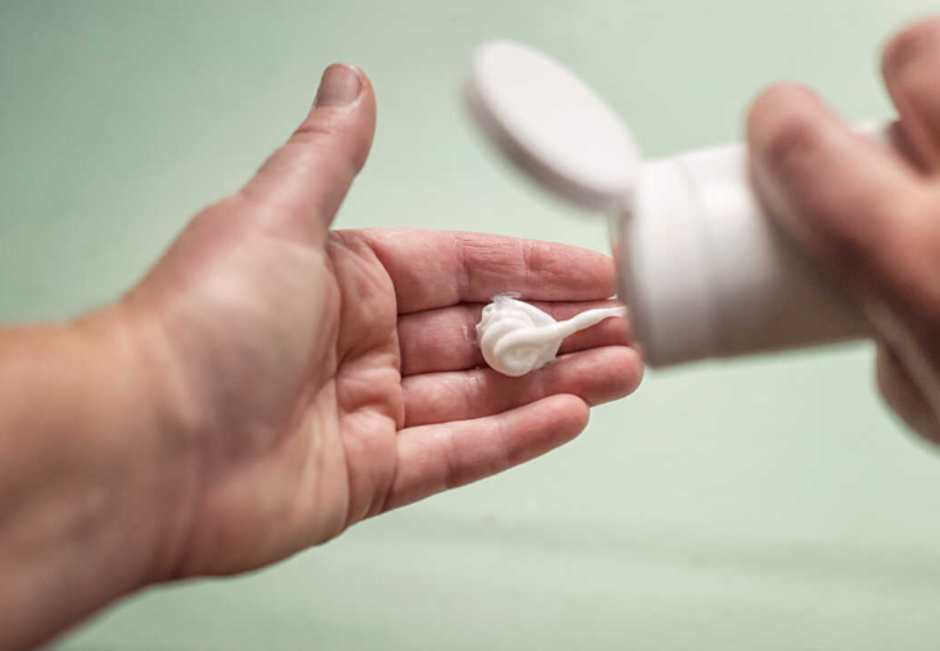
Not all moisturisers are created equal. Nurses need a hand cream that’s:
Fragrance-free (to reduce irritation)
Fast-absorbing (so you’re not left greasy)
Packed with ingredients like glycerin, shea butter, or ceramides
Pro tip: Pack a travel tube in your pocket or locker and apply a small amount after every wash or sanitiser application (where possible). This seals in moisture and provides a protective layer against abrasive factors.
2. Wash Gently — and Pat Dry
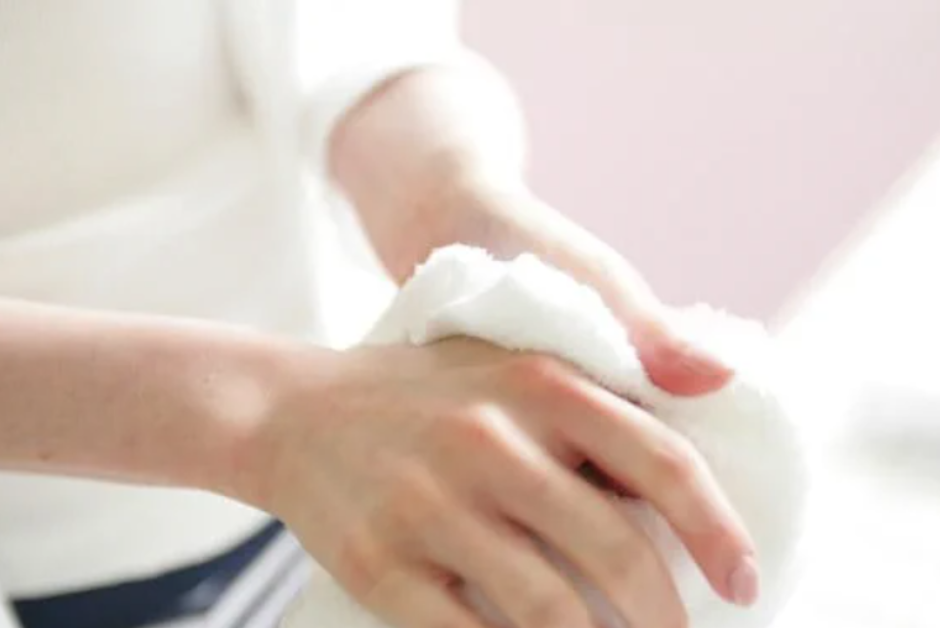
It is second nature for nurses to get thoroughly scrubbed hands, but how is as critical as how much. Wash in lukewarm, not hot, water and mild, non-foaming cleansers if they are available. Harsh cleansers and scalding water steal your skin’s natural oils in a split second.
Remember: Dry off your hands by patting, not by rubbing. Rubbing produces micro-tears in already compromised skin.
3. Give Your Gloves a Break When You Can
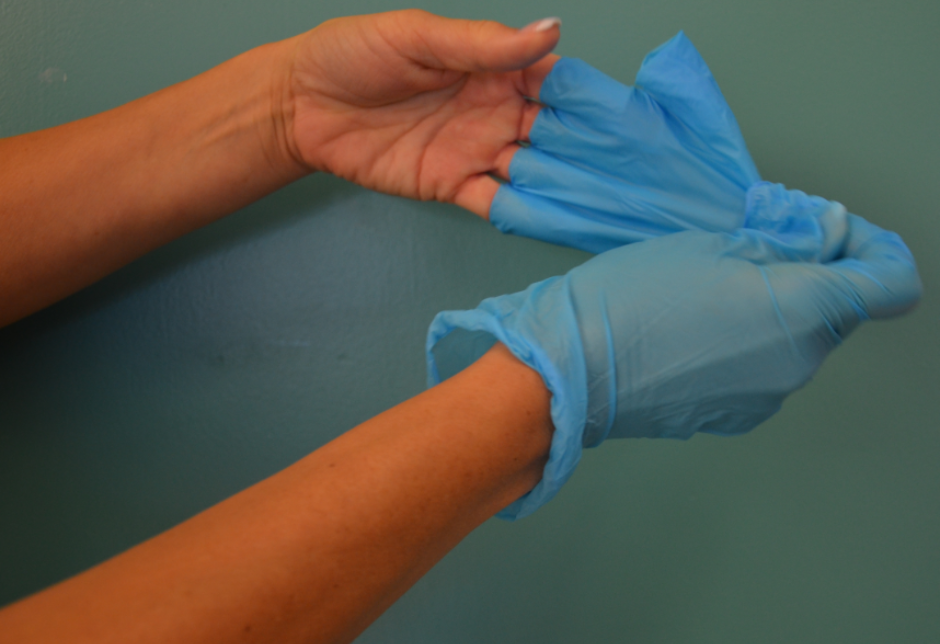
Gloves are wonderful for protecting, but you can cause them to hold water and cause skin irritation if you wear them for too long, especially if your hands naturally get dry and cracked.
When you finally do get a break between non-clinical activities and patients, take off your gloves and allow your skin to breathe. And if you have rashes easily or sweat a lot, get gloves that are latex-free and powder-free.
4. Apply Overnight Treatment to Rough Repair
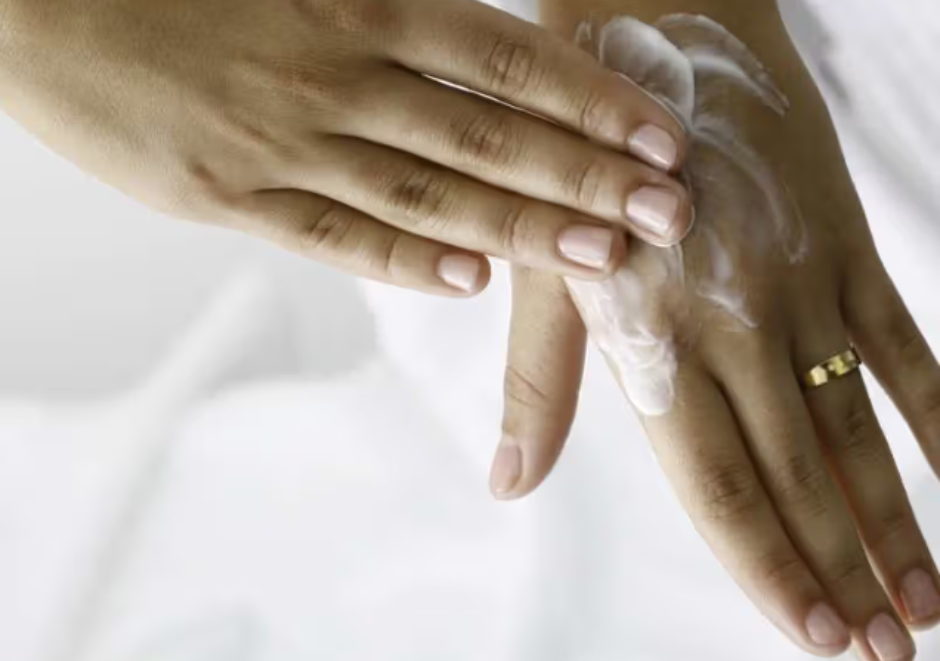
Your hands sometimes just need a little extra TLC. At least once weekly, try giving an overnight treatment:
Use a thick hand balm or petroleum jelly at night
Wear cotton gloves.
You’ll wake up to extremely soft, healed hands.
It’s spa night for your hands — and you’re worth it.
5. Don’t Ignore Signs of Damage
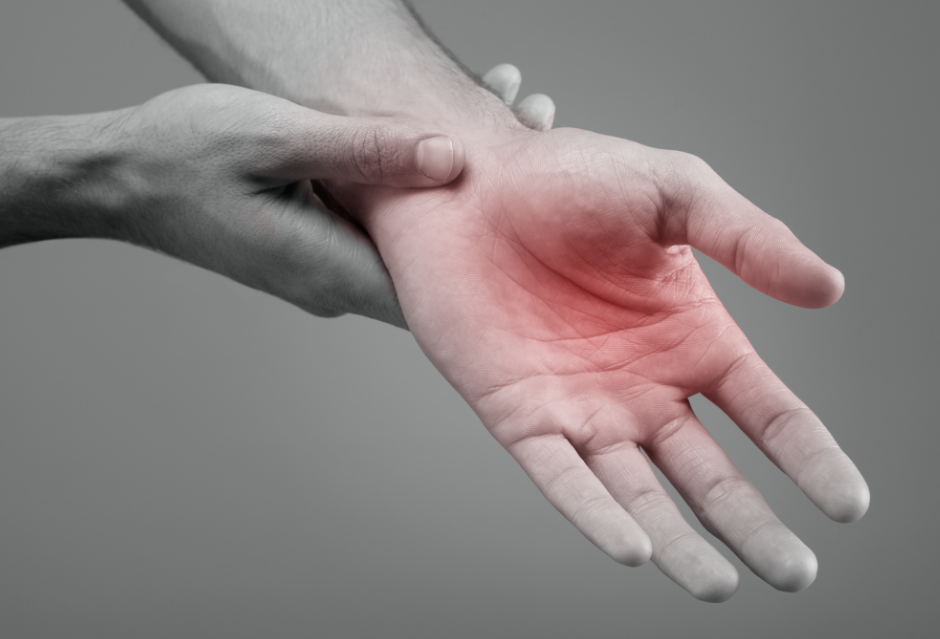
If your hands are consistently cracking, peeling, or breaking out in rashes, don’t ignore them. Prolonged skin damage could lead to infections and sick leave. If you have:
Painful cracks that don’t heal
Bleeding or tearing of the skin
A rash or sore that gets worse over time
Your hands are your tool. Treat them as you would your patients.
Final Thoughts
As a nurse, you know that hand hygiene is crucial, but it doesn’t necessarily have to leave your skin dry and cracked. With these five simple steps, you can take care of your hands without sacrificing on doing what you do best: caring for others.
Go ahead, then – keep the hand cream handy, take those glove breaks, and pamper those hardworking hands like they deserve.
